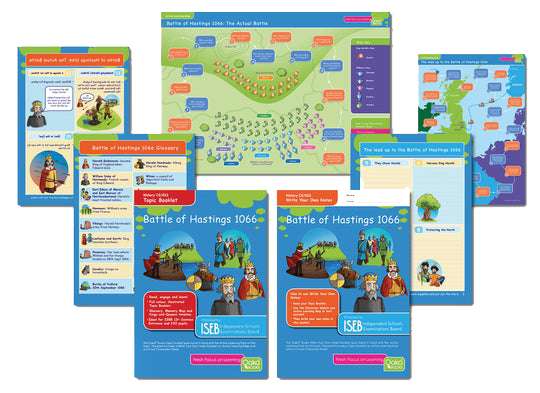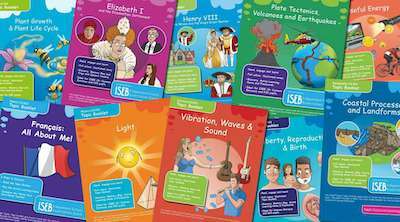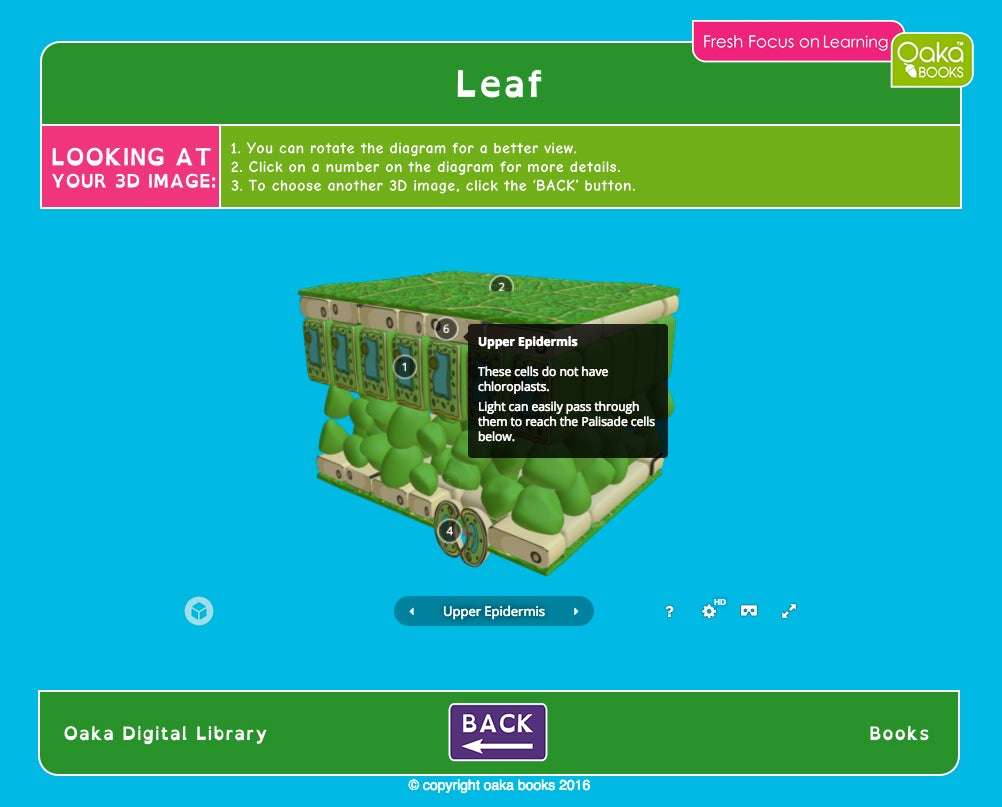As a parent of a child with special educational needs (SEN), you understand the unique challenges that come with exam preparation. Picture this: your child, stressed and overwhelmed by the looming exams, struggling to keep track of what to study and when. Now imagine a different scenario, where your child approaches their studies with confidence, knowing exactly what to revise each day, reducing anxiety and making the process more manageable. This transformation can be achieved through a well-crafted revision calendar.
A revision calendar is not just a tool; it’s a roadmap to success, offering structure and clarity in what can often be a chaotic time. For proactive parents like you, who are always on the lookout for effective strategies to support your child’s education, a revision calendar can be a game-changer. It breaks down the overwhelming task of exam preparation into smaller, manageable chunks, making the entire process less daunting for both you and your child.
In this guide, we’ll explore how to create an effective revision calendar tailored to your child’s needs. We’ll cover everything from setting realistic goals to customising the calendar for SEN children, and we’ll even delve into how technology can aid this process. By the end, you’ll have a clear understanding of how to implement this tool to help your child succeed.
Table of Contents
Understanding the Revision Calendar
Let’s start by understanding what a revision calendar is and why it’s beneficial.
Imagine embarking on a road trip without a map. You’d likely get lost, miss important turns, and feel frustrated. A revision calendar serves as that essential map, guiding your child through their study journey. It outlines what needs to be studied, when, and for how long, providing a clear path to follow.
Definition and Purpose: A revision calendar is a schedule that outlines study times and subjects, helping students organise their revision in a structured way. For SEN children, this structure is particularly beneficial as it reduces uncertainty and provides a clear plan to follow.
Benefits:
- Time Management: Helps in allocating specific times for each subject, ensuring balanced study sessions.
- Stress Reduction: By breaking down revision into smaller tasks, it makes the process less overwhelming.
- Progress Tracking: Allows for monitoring progress, making it easier to see what has been covered and what needs more attention.
Example:
Consider Sarah, a mother of a dyslexic child. She noticed her son becoming increasingly anxious as exams approached. Together, they created a revision calendar, colour-coding subjects and incorporating regular breaks. This visual and structured approach not only made studying more manageable for her son but also boosted his confidence, knowing exactly what to study each day.
By understanding and implementing a revision calendar, you can transform the way your child approaches their studies, turning exam preparation from a source of stress into a systematic and less daunting process. Next, we’ll dive into setting realistic goals to ensure the calendar works effectively for your child’s unique needs.
Setting Realistic Goals
Establishing achievable goals is crucial for maintaining motivation and ensuring steady progress.
Breaking Down Subjects into Manageable Chunks: Creating a revision calendar is like building a house brick by brick. Instead of overwhelming your child with entire subjects, break them down into smaller, manageable chunks. For instance, instead of “study history,” specify “review World War II causes.”
Prioritising Difficult Topics: Identify the subjects or topics your child finds most challenging and allocate more time to these areas. This prioritisation helps to ensure that these difficult topics receive the attention they need without being crammed in at the last minute.
Involve your child in the goal-setting process. Ask them which subjects they find hardest and what they feel confident about. This involvement can boost their commitment to the revision schedule and make them feel more in control.
Example:
Emma, a mother of a child with ADHD, found that setting weekly goals helped her son stay focused. They reviewed progress every Sunday, adjusted the calendar as needed, and celebrated small victories. This practice kept her son motivated and on track.
Customising the Calendar for SEN Children
Tailoring the revision calendar to meet the unique needs of SEN children is essential for its effectiveness.
Incorporating Breaks and Flexible Study Periods: Just as a marathon runner needs breaks, so does your child during study sessions. Integrate regular short breaks into the revision calendar to prevent burnout and maintain focus. Flexibility is key; if your child is struggling with a topic, allow for extra time or swap subjects as needed.
Using Visual Aids and Colour Coding: Visual aids can transform abstract concepts into something tangible. Use colour coding to differentiate subjects or priority levels. For example, use green for subjects that need less attention and red for those that need more intensive revision.
Address specific SEN needs, such as using larger, clearer fonts for dyslexic children or incorporating movement breaks for those with ADHD. Customising these aspects can significantly enhance the calendar’s effectiveness.
Example:
Tom, whose child has dyslexia, used a combination of visual aids and a colour-coded system. Each subject had its own colour, and important points were highlighted using larger fonts and images. This method made the revision process less intimidating and more engaging for his child.
By setting realistic goals and customising the revision calendar to fit your child’s specific needs, you create a supportive and effective study environment. Next, we’ll explore how technology and tools can further enhance this process.
Using Technology and Tools
Leverage technology to create and maintain an effective revision calendar.
Apps and Software for Creating Calendars: Modern technology offers various tools that simplify the process of creating and managing a revision calendar. Apps like Google Calendar, Trello, and specialised education apps can help structure revision plans.
Reminder Systems and Digital Tools: Digital reminders can ensure your child stays on track. Use alarms, notifications, and apps designed for study schedules to remind them of their study times and break periods.
Choose user-friendly tools that cater to children with SEN. Look for features such as visual aids, ease of navigation, and customisation options.
Example:
Jake, a parent of a child with dyslexia, found that using the “My Study Life” app allowed his daughter to visualise her study schedule better. The app’s reminders helped her stay on task without feeling overwhelmed.
Maintaining Motivation and Engagement
Use strategies to keep your child motivated and engaged throughout their revision.
Reward Systems and Positive Reinforcement: Implement a reward system to celebrate milestones and achievements. Small rewards, like extra playtime or a favourite snack, can motivate your child to stick to their revision plan.
Interactive and Fun Revision Activities: Make revision fun by incorporating games, quizzes, and interactive activities. This approach can help maintain your child’s interest and make learning more enjoyable.
Focus on methods that align with your child’s interests and strengths. For example, visual learners might benefit from educational videos, while hands-on learners might prefer interactive activities.
Example:
Laura, a mother of a child with ADHD, used a combination of flashcards and educational games to keep her son engaged. She also set up a reward chart that visually tracked his progress and rewarded him for completing study sessions.
By utilising technology and maintaining motivation, you can create a dynamic and effective revision calendar that adapts to your child’s needs. This approach ensures a balanced and engaging study routine, making exam preparation less stressful and more productive. Next, we’ll discuss the importance of concluding your revision plan and keeping the momentum going.
Conclusion
Creating an effective revision calendar is a transformative tool for exam preparation, especially for children with special educational needs. By understanding the benefits of a revision calendar, setting realistic goals, customising the schedule, leveraging technology, and maintaining motivation, you can turn a stressful period into a structured and manageable process.
This proactive approach not only enhances your child’s learning experience but also boosts their confidence.
Start today by implementing these strategies, and watch as your child navigates their revision with newfound clarity and assurance.





